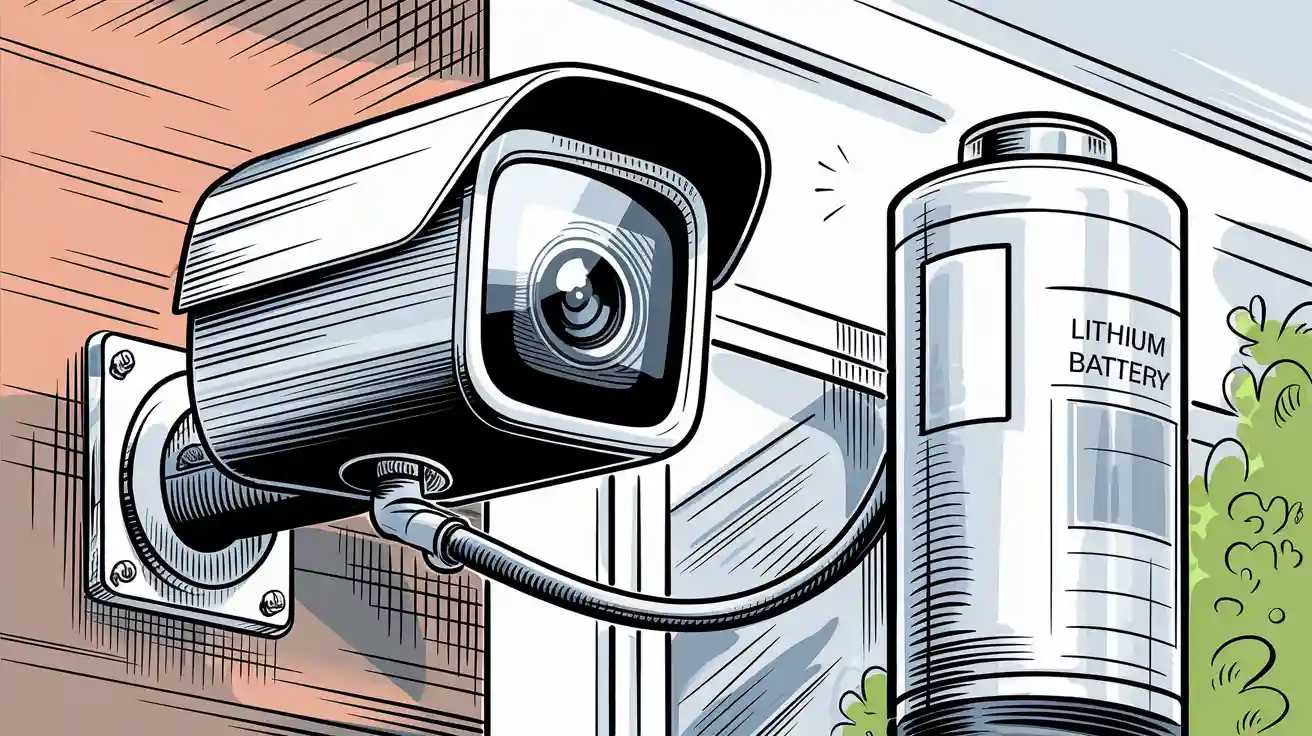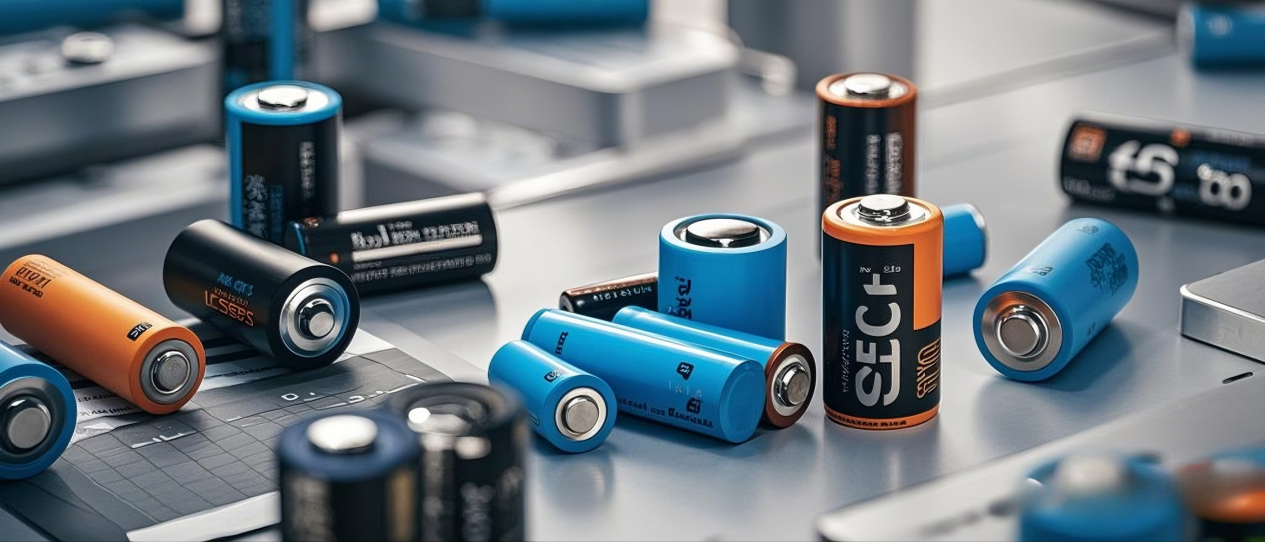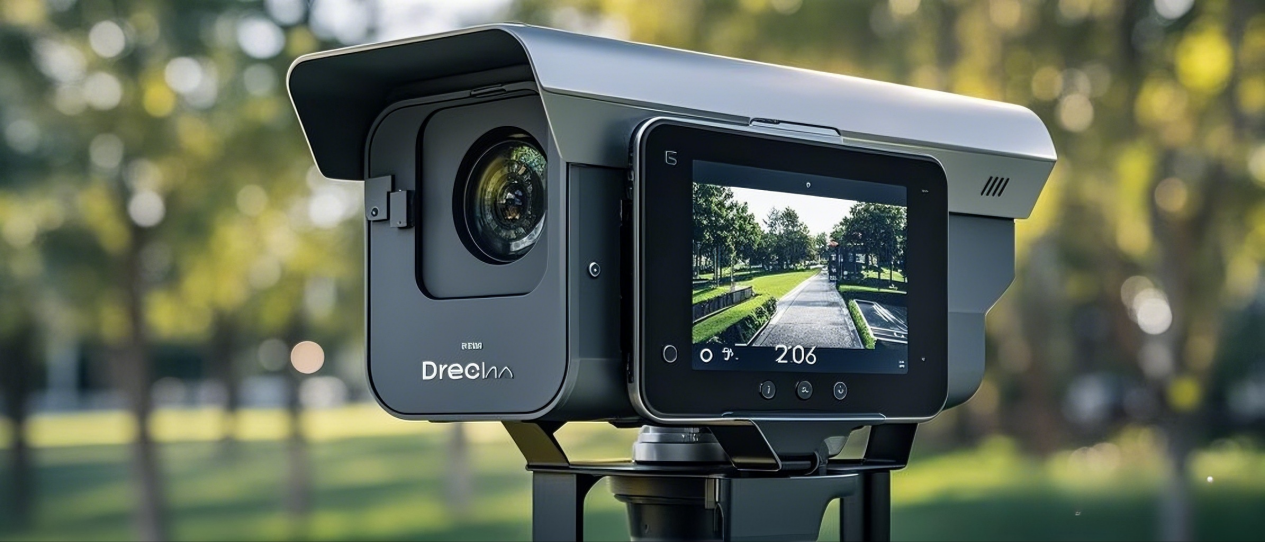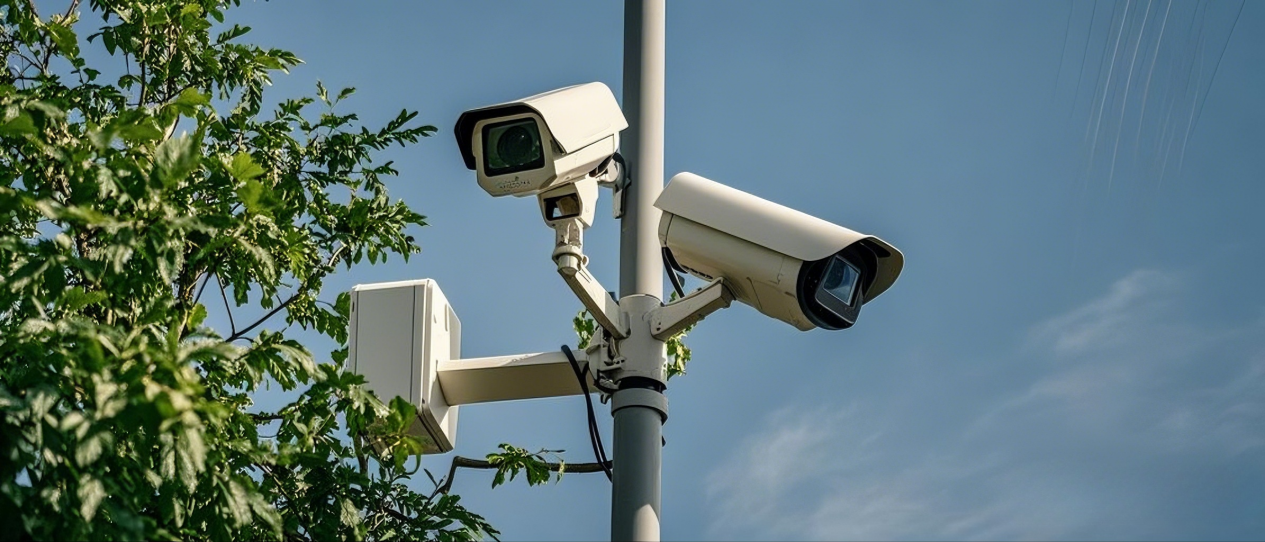Contents

For security camera manufacturers, selecting the right lithium battery isn’t just about power—it’s about embedding reliability, efficiency, and performance into your product design. As you develop next-generation security camera systems, choosing a high-performance battery solution is a strategic decision that can differentiate your products in the competitive marketplace. Large Power is an expert in the field of security camera batteries, with over a decade of dedicated experience serving the world’s leading security camera companies.
Key Takeaways
- Enhancing Product Reliability: Integrating a battery solution that precisely matches your camera’s voltage and current requirements helps prevent performance issues and reduces warranty claims. Reliable power solutions are essential to maintaining uninterrupted surveillance and ensuring customer satisfaction.
- Optimizing Product Performance and Longevity: Batteries with higher mAh ratings provide extended runtime, which allows your cameras to operate longer between maintenance intervals. This not only enhances user experience but also lowers the total cost of ownership for end-users.
- Meeting Regulatory and Quality Standards: Selecting batteries from reputable suppliers like Large Power ensures adherence to stringent quality control and regulatory standards. This reduces the risk of counterfeit components, enhances product safety, and supports your brand’s reputation in global markets.
Part 1: Understanding Lithium Batteries

What Are Lithium Batteries
Lithium batteries are advanced energy storage devices that use lithium as a key component in their electrochemical reactions. They are known for their high energy density, which allows them to store more energy in a compact size compared to traditional batteries. This makes them ideal for modern devices, including security cameras, where space and efficiency are critical. Additionally, lithium batteries provide a stable voltage output throughout their lifespan, ensuring consistent performance. Their long shelf life also makes them suitable for devices that may not be used frequently.
Types of Lithium Batteries
Lithium-ion (Li-ion)
Lithium-ion batteries are rechargeable and widely used in consumer electronics. They operate by moving lithium ions between the anode and cathode during charge and discharge cycles. This process enables high voltage and energy storage per unit mass. With energy densities reaching up to 330 Wh/kg, they are perfect for applications requiring lightweight and powerful batteries. However, they require proper handling to ensure safety and longevity.
Lithium Iron Phosphate (LiFePO4)
Lithium Iron Phosphate batteries are a subtype of lithium-ion batteries. They offer moderate energy density but excel in safety and durability. These batteries can endure over 4,000 charge cycles, making them a reliable choice for long-term use. Their thermal stability also makes them less prone to overheating, which is crucial for outdoor security cameras exposed to varying temperatures.
Lithium Primary (Non-rechargeable)
Lithium primary batteries are non-rechargeable and designed for single-use applications. They provide a high energy output and have an exceptionally long shelf life. These batteries are ideal for low-power devices or situations where recharging is not feasible. For instance, they can serve as backup power sources for security cameras in remote locations.
Why Lithium Batteries Are Ideal for Security Cameras
Lithium batteries are the preferred choice for security cameras due to their unique characteristics. Their high energy density ensures that your camera lithium battery can power the device for extended periods without frequent replacements. Large Power’s low temperature battery cells perform well in cold weather, making them suitable for outdoor installations. Furthermore, lithium batteries maintain a stable voltage output, which is essential for uninterrupted camera functionality. These features make a lithium battery for security camera use a reliable and efficient power solution.
Part 2: Key Factors to Consider When Choosing a Lithium Battery for Security Camera

Compatibility with Your Camera
Electrical Matching
Ensure that the battery’s voltage, current output and form factor align with your security camera’s design specifications. This prevents potential damage during operation and simplifies integration into your product architecture.
Tailored Solutions
Collaborate with Large Power to develop custom solutions that meet the unique power demands of your product line, allowing you to offer enhanced performance and differentiated features.
Battery Capacity and Runtime
Rigorous Testing
Implement comprehensive testing protocols—including voltage consistency, load testing, and temperature resilience checks—to verify that the battery meets the required performance standards throughout the product lifecycle.
Proactive Replacement Strategies
Develop maintenance schedules and replacement protocols based on the battery’s lifecycle. Educating your distribution network and end-users on proper battery care can extend the service life of your products.
Rechargeable vs. Disposable Options
Pros and cons of rechargeable batteries
A rechargeable lithium-ion battery offers convenience and long-term cost savings. You can recharge it multiple times, reducing waste and the need for frequent replacements. However, it requires an initial investment and regular charging, which may not suit all users.
When to choose disposable batteries
Disposable batteries are ideal for remote locations or situations where recharging is impractical. They are reliable, cost-effective, and recyclable.
Supply Chain Integrity and Quality Assurance
Sourcing from Trusted Suppliers:
Engage with established battery manufacturer like Large Power who offers detailed quality certifications and after-sales support. This minimizes risks associated with counterfeit or substandard components.
Streamlined Procurement Processes:
Establish robust procurement policies and quality control measures to ensure that every battery component meets your company’s high standards and supports your product’s long-term reliability.
Environmental Suitability
Operating temperature range
When choosing a lithium battery for security camera use, you must consider the operating temperature range. Security cameras, especially outdoor ones, often face extreme weather conditions. A battery designed for wide temperature ranges ensures reliable performance in both hot summers and freezing winters. For instance, lithium batteries typically operate between -20°C and 60°C, making them suitable for most environments. However, only some low temperature batteries support charging below 0°C. The low temperature batteries produced by Large Power support charging at -20°C and discharging at -40°C, making them ideal for speciali purpose outdoor applications. Always check the manufacturer’s specifications to confirm the battery can handle the conditions your camera will face.
Weatherproofing and durability
Outdoor wireless security cameras require batteries that can withstand harsh environmental factors like rain, dust, and humidity. Look for batteries with weatherproof casings or those explicitly designed for outdoor use. Durability is equally important. A robust battery resists physical damage and maintains performance over time. Investing in a durable camera lithium battery reduces the need for frequent replacements, saving you time and money in the long run.
Part 3 :Maintenance Tips for Camera Lithium Battery Longevity

Proper Storage Practices
Storing in a cool, dry place
To preserve your camera lithium battery, store it in a cool, dry environment. This helps maintain the battery’s chemical stability and prevents degradation. Avoid humid areas, as moisture can damage the battery’s internal components. For long-term storage, keep the battery at approximately 50% charge to ensure optimal performance when you need it again.
Avoiding extreme temperatures
Extreme temperatures can significantly shorten battery life. Prolonged exposure to heat may cause the battery to overheat, while freezing conditions can reduce its capacity. Always follow the manufacturer’s guidelines for temperature ranges. For outdoor cameras, consider weatherproof enclosures to protect the battery from harsh conditions.
Charging Habits
Using the correct charger
Using the right charger is essential for maintaining your battery’s health. Smart chargers are highly recommended because they automatically stop charging once the battery reaches full capacity. This prevents overcharging, which can harm the battery. Avoid using generic chargers that may not match your battery’s specifications, as they can lead to inefficiencies or even damage.
Avoiding overcharging or undercharging
To extend battery life, keep the charge level between 20% and 80%. Overcharging can cause overheating, while deep discharges can strain the battery. Regularly monitor the charging process and unplug the charger once the battery is full. If possible, recharge the battery overnight at home to maintain a consistent charging routine.
Preventing Over-discharge
Risks of deep discharge
Deep discharges can permanently damage your battery. When the charge drops too low, the battery’s internal chemistry may become unstable, reducing its lifespan. To avoid this, recharge the battery before it reaches critical levels. Most modern security cameras include low-battery alerts to help you monitor the charge level.
Using low-battery alerts
Low-battery alerts are a valuable feature for preventing over-discharge. These alerts notify you when the battery needs recharging, ensuring your camera remains operational. Set up notifications on your camera’s app or system to stay informed about the battery’s status. This proactive approach helps you maintain consistent performance and avoid unexpected downtime.
Part 4: Additional Tips for Optimizing Battery Performance
Backup Power Solutions
Solar panels for continuous charging
Solar panels provide an eco-friendly and efficient way to keep your security camera powered. By harnessing solar energy, you can ensure continuous charging even in remote locations. This solution is particularly useful for outdoor cameras where access to traditional power sources is limited. Solar panels also reduce reliance on disposable batteries, making them a sustainable choice.
| Benefit/Statistic | Description |
|---|---|
| Energy Resilience | Battery backup systems provide stored energy during outages, ensuring critical systems remain operational. |
| Environmental Impact | By storing excess solar energy, homeowners can reduce reliance on the grid and maximize solar savings. |
External battery packs
External battery packs act as a reliable backup during power outages or when the primary battery runs low. These packs are portable and easy to connect, offering flexibility in maintaining your camera’s functionality. They are especially beneficial for high-demand scenarios, ensuring uninterrupted surveillance.
Regular Battery Health Checks
Identifying signs of wear or damage
Regularly inspecting your battery helps you detect early signs of wear or damage. Voltage checks can reveal deterioration, while load testing shows how the battery performs under stress. If the voltage drops significantly during testing, it may indicate poor health. Keeping an eye on these factors ensures your battery remains in optimal condition.
- Perform voltage checks to monitor battery health.
- Use load testing to identify performance issues.
- Check for physical damage or leaks that could compromise safety.
Replacing batteries proactively
Replacing your battery before it fails prevents unexpected downtime. Proactive replacement ensures your security camera operates without interruptions. Set a schedule to replace batteries based on their expected lifespan, and always keep a spare on hand for emergencies.
FAQs
How can we ensure our battery integration meets our product specifications?
Collaborate closely with battery suppliers to match voltage, current, and form factor requirements. Implement rigorous testing protocols to verify performance under real-world conditions.
Are rechargeable lithium batteries suitable for high-demand security camera products?
Yes, rechargeable lithium-ion and LiFePO4 batteries are well-suited for high-demand applications, offering high energy density, long life and consistent performance across a range of environmental conditions.
What strategies can help minimize risks related to battery failure?
Employ comprehensive quality assurance measures, source from reputable suppliers, and develop proactive maintenance schedules that include regular performance monitoring and timely replacement.
How can emerging battery technologies benefit our product design?
Adopting advanced battery solutions can lead to smaller, lighter, and more energy-efficient designs. Keeping abreast of new developments enables you to offer innovative products that meet evolving market demands.





